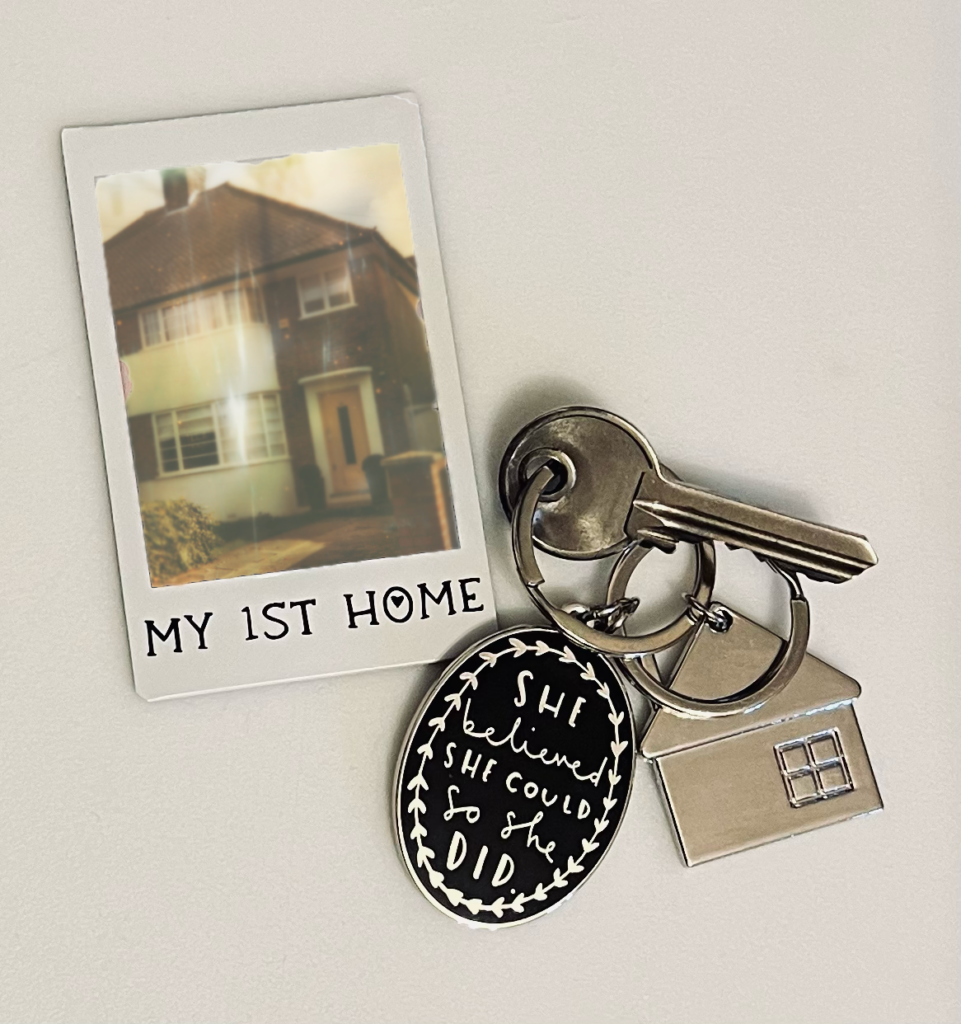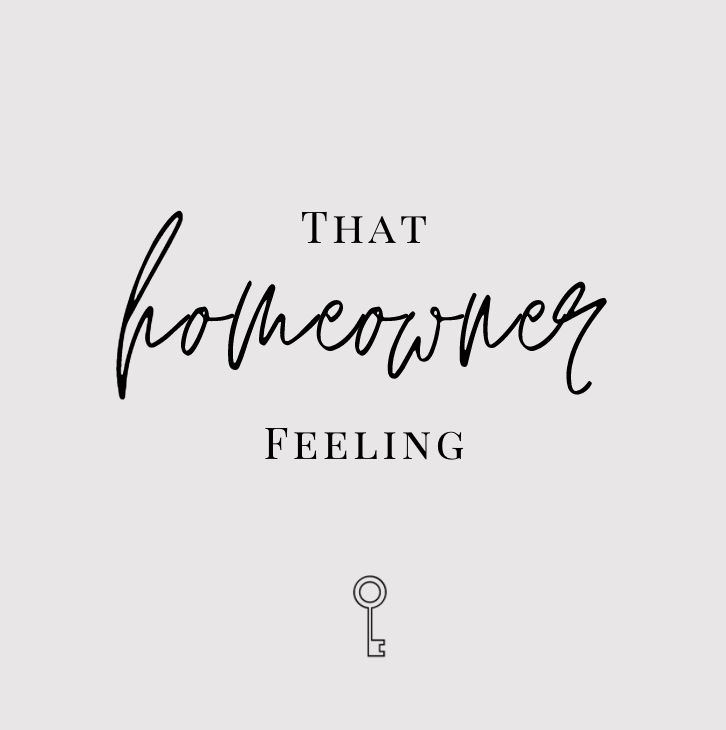Buying your first home is an exciting and important milestone. However, the process can be overwhelming, especially if you need help figuring out where to start. Many of us grow up believing that buying a house is something we have to do. While it may not be for everyone, I’m here to help you understand what you need to know if it’s on your dream list like it was for me.


The first and most important rule is NEVER thinking a question is too silly or embarrassing. When I started this journey, I didn’t know the meaning of half the terms related to buying a house—like freehold vs. leasehold, stamp duty, and mortgage in principle. Even after researching and speaking with friends, I often found myself apologising and saying, “I’m sorry, but I don’t understand what you mean” to estate agents, financial advisors, and bank representatives.
Key Terms & Phrases to Learn:
Freehold VS Leasehold
I was completely lost when I first heard the terms “freehold” and “leasehold.” I remember telling a friend that I was going to view a house, and they asked me which type it was. Not knowing what that meant, I had to do some research to understand the difference. I often find long explanations about these topics hard to process when trying to self-educate, so I’ve broken it down into simple sentences. A freehold property means you own both the house and the land it is built on. In contrast, a leasehold property means you own the home but do not own the land it is built on. For a more detailed explanation, click here.
Stamp Duty
Stamp duty—what is it? Is it related to postage or my new address? Again, this was a concept I had never encountered before. As I started to research it, I discovered that there are different thresholds and important details to understand. Stamp duty, also known as SDLT (Stamp Duty Land Tax), is a tax that must be paid when purchasing a home. There are various stamp duty thresholds based on the property’s price and your individual circumstances, such as whether you are a first-time buyer. It’s crucial to stay informed, especially since there are changes planned for 2025. Using stamp duty calculators can be incredibly helpful, and they are straightforward to use.
Mortgage in Principle
The topic of mortgages can be quite serious and, frankly, a bit scary. However, having a Mortgage in Principle (also known as an Agreement in Principle or AIP) can put you in a strong position. An AIP is a written estimate of how much money you could borrow to help fund your purchase. Many estate agents will ask if you have one and can offer their services to help you obtain one. I remember when I started viewing houses; I thought it was just a casual process of showing up and looking around. However, I was soon confronted with questions about the Mortgage in Principle, which I found intimidating since I had never researched it before. My embarrassment was evident, especially when I turned red because I had no idea what it was! I found that speaking to a professional in person to arrange an AIP is much easier. It allows for more engagement and gives you the chance to ask any questions you may have. Don’t hesitate to admit that you don’t know something—they’ve likely heard all kinds of inquiries before, so feel free to pick their brains!

Tips & Tricks
My top advice is to take the initiative and start viewing houses early, even those that don’t immediately capture your heart. Don’t wait until you think you’re ready to buy; you might not be financially prepared yet, but you can still educate yourself by attending viewings. When I was in your shoes, I spent hours browsing home-selling websites like it was the Argos catalogue when I was a kid! Viewing houses is a great way to get a feel for what’s on the market, understand what you like and don’t like, and get a sense of the value of different properties. It’s a valuable part of the process that will make you feel more informed and prepared.
Engaging in conversations about your ‘must-haves’ with estate agents during your house hunt can be incredibly beneficial; estate agents encounter hundreds of homes each week and can suggest properties that align with your requirements. I remember feeling a bit awkward about asking questions during house viewings, but it’s crucial to inquire about the condition of essential amenities such as the boiler, gas lines, electrical systems, and other features. Understanding the state of these elements is vital, as they can lead to unexpected costs after you’ve bought a house. This guidance from estate agents can make you feel more supported and less alone in the process.
Finding ‘The One’
Starting it can be a minefield; I wish the education system would teach these things, and more of us would aspire to be homeowners. It’s scary but worth it, and the best place to start is by reading helpful tips and educating yourself. I can promise you all that when you find ‘The One, The Home’, you know, it’s that feeling when you walk into a house and it just feels right, like it’s meant to be yours. I walked into my house on the day of viewing it and instantly fell in love. I even told the estate agent, ‘I’ve just found where I’m going to live’. The overwhelming feeling of this is unexplainable, but once you feel it, you want it. I’m so glad I viewed some eyesores of houses that helped me realise what I wanted but, most importantly, taught me all I needed to know. Remember, these overwhelming feelings are part of the journey, and you’re not alone in experiencing them.
Buying your first home can be complex, but with the right preparation and guidance, you can find the right one. Check out my other posts for more helpful tips! Good luck with your home-buying journey!





